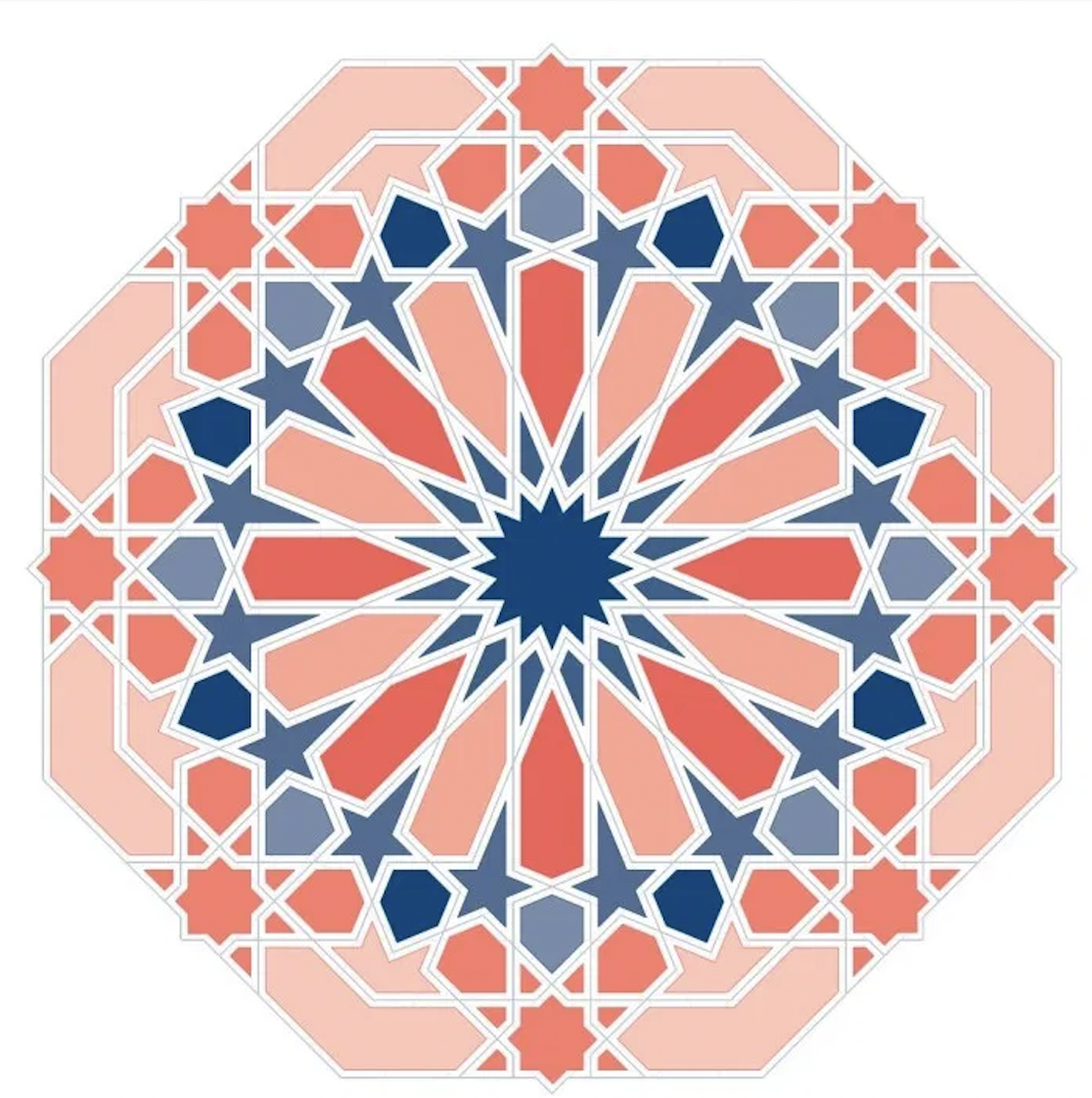From Bhai to Akhi: The intersection of Bengali and Arabic in East London and impact on identity
I read with interest the findings from Dr Fatima Rajina’s scholarly article for the ‘Journal of Muslims in Europe’ about British Muslims identifying more with their faith than their ‘ethnic’ and cultural identities.
Dr Rajina’s focus for this research was the Bangladeshi community in East End but I have seen this behaviour mirrored across third and fourth generation Muslim communities in London.
I have written and spoken extensively about the importance of faith as a measure of identity, and often of higher importance than ethnic identification.
However, many haven’t caught up with this concept and are using often outdated means of understanding communities on the ground. Without understanding the communities we serve, how can we ever hope to meet their needs?
This is why Dr Rajina’s work is so important. She has interviewed a wide sample of Bangladeshis - and asked them ‘How Bengali and Arabic Intersect in the Lives of British Bangladeshi Muslims in the East End of London’.
There are several important findings to note:
The war on ‘terror’ has in fact increased a sense of Muslim identity because Muslims in the west have felt targeted and marginalised
Language shapes how a community sees itself - and while the older generation held onto Bengali; the younger generation are more inclined towards Arabic
Most Bangladeshis and Muslims learn to read Arabic from a younger generation in order to access the Holy Qur’an - so Arabic is a familiar and revered language
Religion and language are often connected. “Jaspal and Coyle (2009: 18–19) note that “religion also has its linguistic demands” and further argue that “the role of language and religious identity is considered within the wider context of individuals’ complex linguistic repertoires consisting of various languages””
The connection to Arabic gives British Bangladeshi’s a sense of being closer to their faith as well as connecting with a much larger Muslim community in which the Arabic language is a common denominator
The faith identity is stronger for British Bangladeshis than culture. “Here, the religious identity element is reified through language, confirming the argument by Gardner and Shukur (1994: 163) that more and more young Bengalis are now identifying themselves as “first and foremost as Muslims rather than as Bengali or Bangladeshi”.”
Living in Britain - are ethnic languages going to last? The findings show that Arabic is likely to last because of the connection to Islam, but ethnic languages may start to be less known or used. One of the interviewees Jahedur stated: “I studied Bengali when I was young, so I have done whatever I could but for my kids now actually there is a clash. Where is the priority? Is it Bengali? Is it Arabic? Or is it English? Of course, English is first, [and] then I probably would say Arabic, then Bengali. This is my subjective worry as, obviously, that is what our people talk and the way I think because to be honest what would they need Bengali for in the long run.”
The article concludes by stating that British Bangladeshis Muslim identity is only going to get stronger while their ethnic ties will inevitably weaken over time.
“In her study of young Bangladeshis in the UK and the USA, Nazli Kibria (2011) argues that the “weak” Bangladeshi public identity resisted by many younger generation Bangladeshi Muslim youth stands as a point of contradistinction from their own modern “new” Islamic identity…The “return” to Arabic suggests that “authenticity” forms a crucial marker for developing and constructing a religious identity away from one’s ethnic identity.”
To read the full article, click here: https://brill.com/view/journals/jome/aop/article-10.1163-22117954-bja10096/article-10.1163-22117954-bja10096.xml
